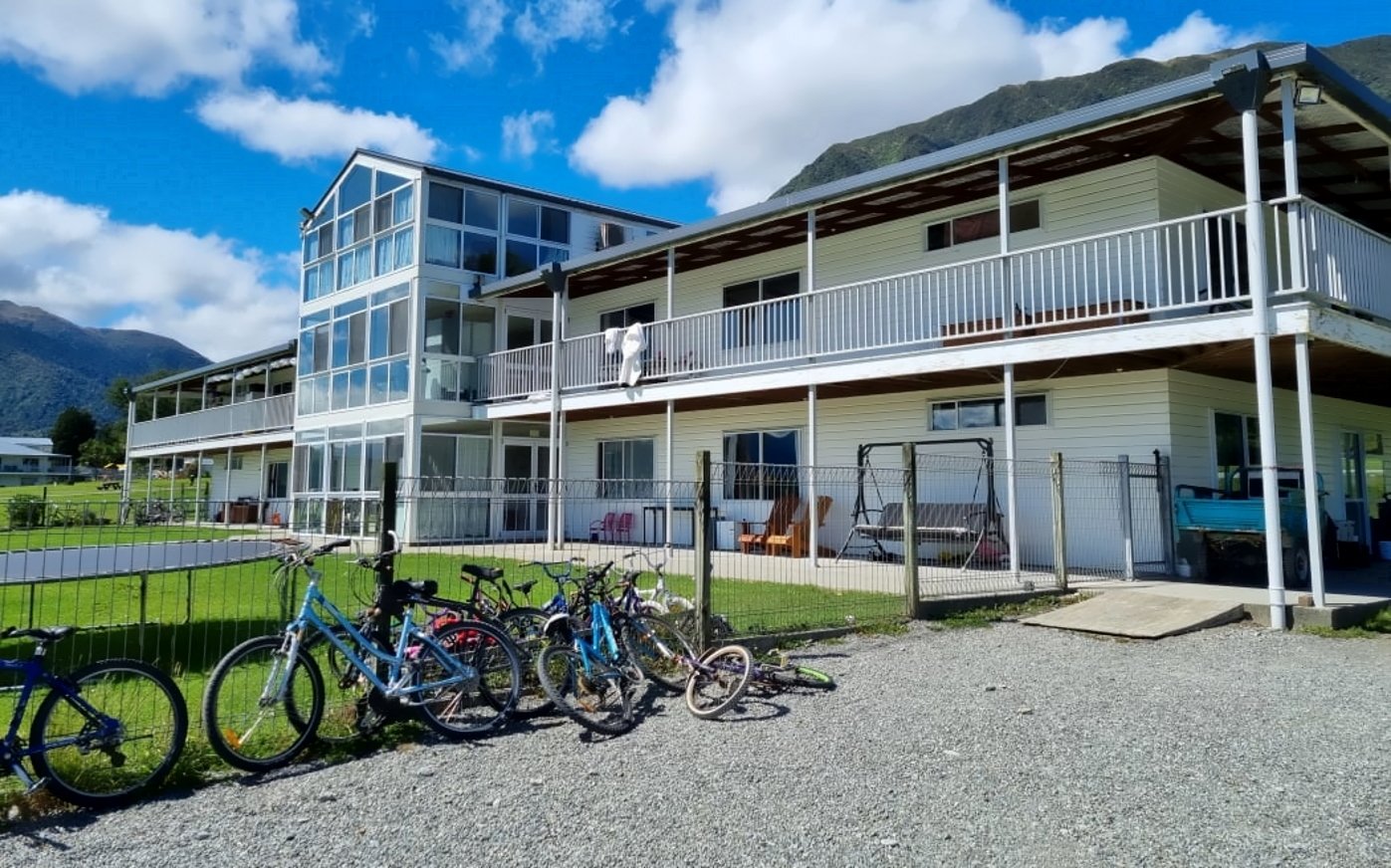Politics
Former Members Describe Gloriavale’s Working Conditions as “Sweatshop”

The working conditions within the Gloriavale Christian community have faced severe scrutiny, with former members describing the environment as resembling a “sweatshop.” During a recent session at the Court of Appeal, lawyers representing these former members highlighted the alleged oppressive nature of the community’s labor structure. The case revolves around the appeal by Howard Temple, the former leader of Gloriavale, who is contesting an Employment Court ruling that classified community members as employees rather than volunteers.
Temple, who resigned from his position as overseeing shepherd in August after being convicted of sexual offenses, argues that community members do not expect compensation for their work, which spans various roles including factory and farm tasks. His counsel, Philip Skelton KC, maintained that members contribute to the community based on shared spiritual beliefs, rejecting the notion of a contractual employment relationship.
Allegations of Exploitation and Control
Brian Henry, representing the former Gloriavale members, detailed harrowing accounts of life inside the community. He indicated that individuals born into Gloriavale are conditioned from a young age to accept a strict disciplinary regime that discourages independent thought and expression. “They are – from birth – taught submission and unity,” Henry stated, emphasizing the lack of exposure to the outside world and the extreme expectations placed on members.
Testimonies included poignant remarks from Rose Standtrue, a former member who described her struggles as she attempted to leave the community. “I felt so trapped,” she recounted. “We were taught and believed that you go to hell if you commit suicide too.” Henry’s account painted a bleak picture of the community, countering any claims of it being an idyllic environment. He described it as “not utopia,” but rather a place where many experience severe psychological distress, with some expressing suicidal thoughts as an outcome of their circumstances.
The lawyer argued that the community’s financial structure is deliberately designed to limit individual earnings, thereby allowing families to continue receiving benefits from the government’s Working for Families program. “If the women are classified as employees and receive the minimum wage, it would exceed the threshold for these benefits,” Henry explained. “This whole structure is devised very deliberately… to ensure very cheap labor.”
Community Defense and Varied Perspectives
In response, Skelton defended the community’s practices, asserting that members willingly contribute under a communal ethos that prioritizes collective over individual gain. He argued that the commitment agreements signed by members are spiritual vows, not legally binding contracts. “Signing the commitment to the church… was not intended to be enforceable by law,” he stated.
During the hearings, Skelton also highlighted testimonies from current members of Gloriavale, noting a stark contrast in perspectives. He reported that 21 women, still residing in the community, provided articulate accounts of their experiences, which contradicted the negative portrayals of former members. “There appears to be quite a difference of perspective between those who have left and those who remain,” Skelton remarked.
The Court of Appeal, comprising Justice Sarah Katz, Justice Jillian Mallon, and Justice Neil Campbell, has reserved its decision. The outcome of this case could have significant implications for how similar communities are classified in terms of labor and employment rights.
As the legal battle continues, the starkly divided narratives from former and current members of Gloriavale highlight the complexities surrounding issues of autonomy, faith, and labor rights within tightly-knit communities.
-

 Sports2 months ago
Sports2 months agoNetball New Zealand Stands Down Dame Noeline Taurua for Series
-

 Entertainment2 months ago
Entertainment2 months agoTributes Pour In for Lachlan Rofe, Reality Star, Dead at 47
-

 Entertainment3 weeks ago
Entertainment3 weeks agoNew ‘Maverick’ Chaser Joins Beat the Chasers Season Finale
-

 Sports2 months ago
Sports2 months agoSilver Ferns Legend Laura Langman Criticizes Team’s Attitude
-

 Politics4 weeks ago
Politics4 weeks agoNetball NZ Calls for Respect Amid Dame Taurua’s Standoff
-

 Entertainment2 months ago
Entertainment2 months agoKhloe Kardashian Embraces Innovative Stem Cell Therapy in Mexico
-

 World3 months ago
World3 months agoPolice Arrest Multiple Individuals During Funeral for Zain Taikato-Fox
-

 Sports2 months ago
Sports2 months agoGaël Monfils Set to Defend ASB Classic Title in January 2026
-

 Entertainment1 month ago
Entertainment1 month agoTyson Fury’s Daughter Venezuela Gets Engaged at Birthday Bash
-

 Sports1 month ago
Sports1 month agoHeather McMahan Steps Down as Ryder Cup Host After Controversy
-

 World7 days ago
World7 days agoSevere Winds Hit New Zealand, Over 100 Flights Canceled
-

 Entertainment1 month ago
Entertainment1 month agoTyson Fury’s Daughter Venezuela Gets Engaged at Birthday Bash





















